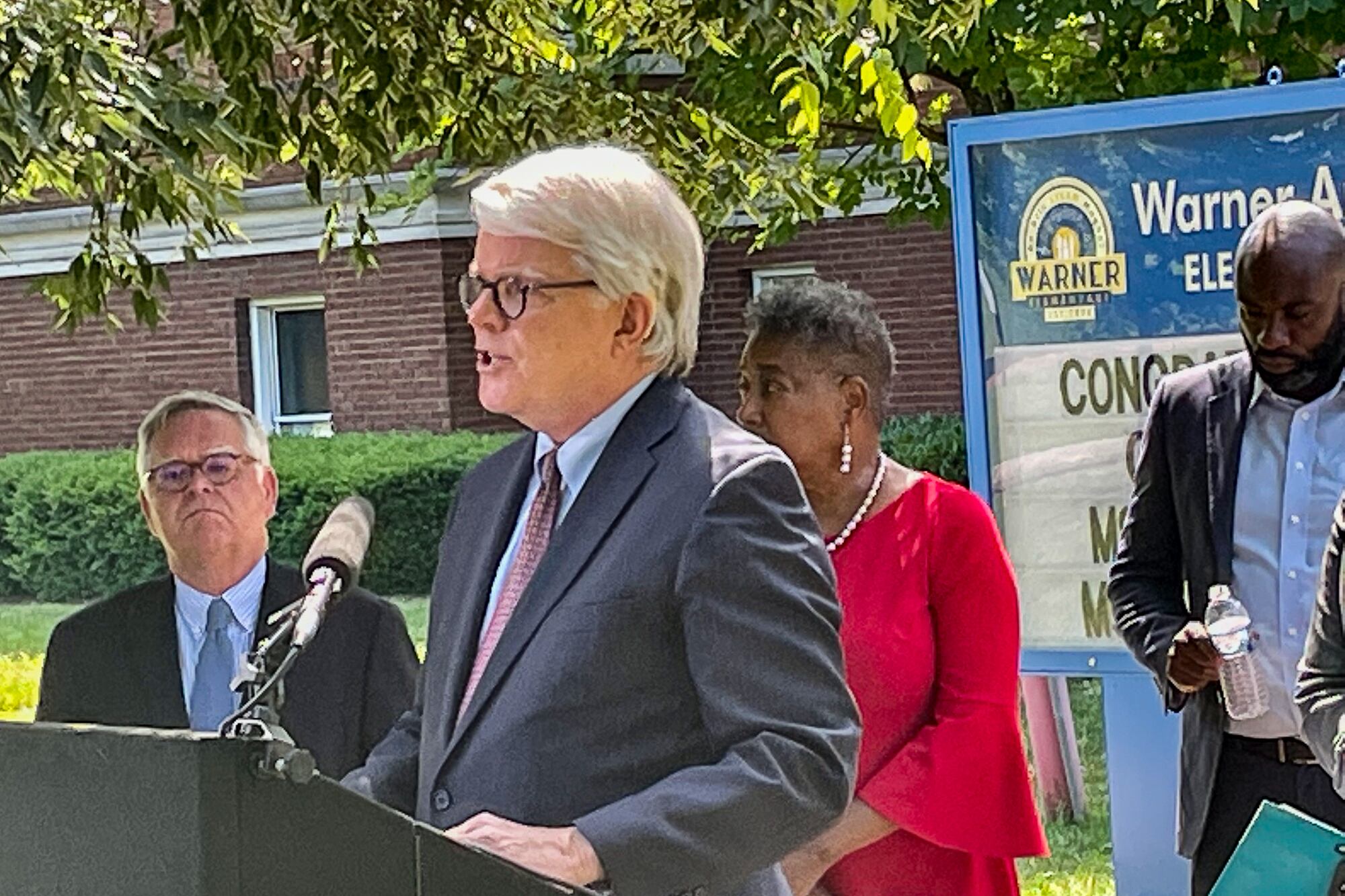Plaintiffs behind two lawsuits challenging Tennessee’s private school voucher law plan to appeal a judicial panel’s dismissal of their remaining legal claims.
Metropolitan Nashville and Shelby County governments, which jointly challenged the 2019 law that applies only to their counties, notified the Tennessee Court of Appeals late last month that they will appeal the latest ruling. Attorneys representing parents and taxpayers in a second lawsuit submitted a separate notice of appeal.
The appeals will extend the 3-year-old legal battle over Gov. Bill Lee’s controversial Education Savings Account program for at least several more months. The program provides taxpayer money for eligible families in Memphis and Nashville to help cover private school tuition for their children.
Emboldened by a string of court victories, Lee’s administration began accepting applications late last summer to launch the program by fall. Meanwhile, officials in those cities went back to court to try to stop it, partly on grounds that their school districts would face financial harm if the voucher program diverts taxpayer funding from public to private schools.
But in a 2-1 vote in November, a three-judge panel ruled the plaintiffs don’t have legal standing at this point to pursue the case on those grounds, noting that the law provides for compensating the districts for lost funding in the program’s first three years.
In pursuing the appeal now, the plaintiffs are pointing to the dissenting opinion from Chancellor Anne Martin of Nashville, who cited the state’s constitutional obligation to maintain a free public school system that provides equal educational opportunities for residents. Martin said the plaintiffs’ allegations of discriminatory treatment and unequal funding were sufficient concerns to let the case proceed.
On Tuesday, Nashville Law Director Wally Dietz told Chalkbeat that an appeal is the “next logical step to bring some clarity to these issues.”
“Chancellor Martin made important points in her dissenting opinion,” Dietz said, “and we believe these important constitutional questions should be resolved by an appellate court.”
A spokeswoman for the state attorney general’s office declined to comment.
The appeals will go before a judicial panel that ruled against the voucher law in September 2020, siding with Martin’s initial ruling that the statute unconstitutionally singled out two counties. Her ruling halted the program’s planned launch that year.
But after the state’s highest court overruled two lower courts and upheld the voucher law last May, the governor ordered the education department to kick off the voucher program with the 2022-23 school year.
As of Dec. 22, the department had approved 323 voucher applications from students in Memphis-Shelby County Schools and 236 applications from students in Metro Nashville Public Schools — well under the law’s participation cap of 5,000 students for the program’s first year. Another 510 applications were deemed ineligible, according to a department spokesman.
Meanwhile, a Chattanooga lawmaker has filed legislation that would expand the state’s voucher program to Hamilton County.
Similar legal battles over school choice and privatization are playing out in other states. In New Hampshire last month, opponents sued to stop one of the nation’s broadest school voucher laws, while the Kentucky Supreme Court struck down a Republican-backed initiative to award tax credits for donations supporting private school tuition. (A similar initiative in Michigan, backed by former U.S. Education Secretary Betsy DeVos, stalled.) Arizona launched its education savings account program last year, overcoming efforts to stop it.
Marta Aldrich is a senior correspondent and covers the statehouse for Chalkbeat Tennessee. Contact her at maldrich@chalkbeat.org.






